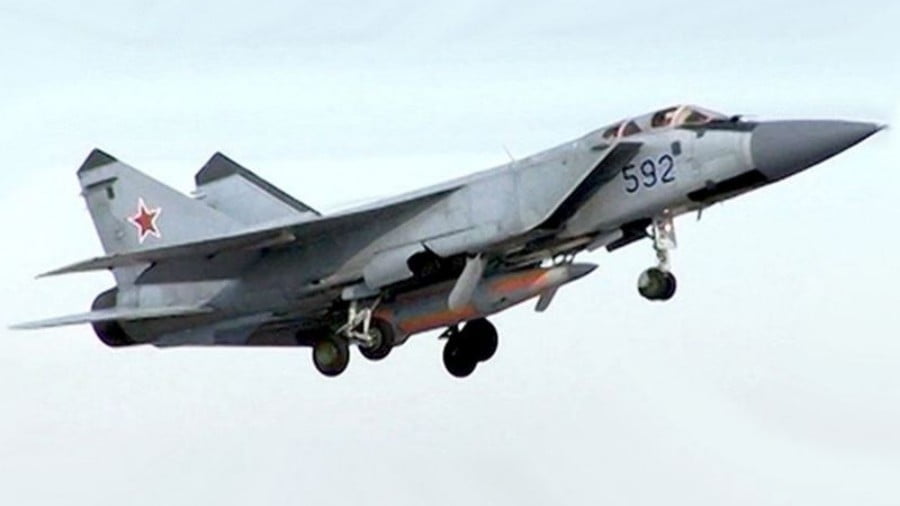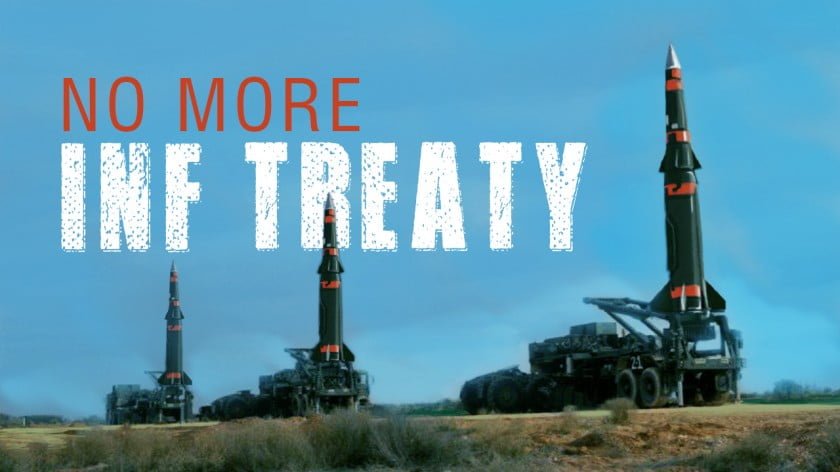Australian Defence Policy Locked in Counter-Productive Mythology
One of the great geopolitical fallacies common throughout much of the western world is the belief that circumstances as they are now are as they have always been and how they will continue to remain. Any student of history (and they are a dwindling band because of modern curriculum emphasis on relevance knows that the one certainty in geopolitical life is continuing uncertainty and inevitable change.
The past 300 years have seen the relative supremacy, in different parts of the world, of the Portuguese, Spanish, French and British empires. None survive to the present day, although the residue of that influence may still be seen, in much diminished form, in different parts of the world.
The post World War Two period, from roughly 1945 to 2000, saw the emergence of a new type of geopolitical dominance, exemplified by the United States. Whereas the old European colonisers sought to establish their likeness in foreign lands, usually at the expense of the indigenous inhabitants, the modern American Empire was more content to impose its will upon disparage nations, frequently fighting devastating wars in pursuit of geopolitical dominance.
Control and ensuring compliance rather than colonisation was the dominant motivation. Between 1945 and the present day, the United States has fought multiple wars and overthrown more than 70 governments. Not all those efforts of regime change were successful, such as the conflict in Vietnam which lasted for more than 20 years from the defeat of the French in 1954 to the final ignominious United States retreat in 1975.
In the process of that long war more than 3 million Vietnamese died, the consequences of the use of chemical agents still disfigure the newborn, and there was enormous ecological damage. No compensation has ever been paid, a universal consequence of United States military invasions.
Where United States imperialism is defeated, their lackeys expelled from governance and new regimes installed owing allegiance only to their own people, an unforgiving United States continues to wage warfare by other means. That has been the experience for example of Cuba that overthrew the-pro American Batista regime in 1959 and has been subject to US sanctions and multiple coup attempts ever since. To add insult to injury the United States refuses to leave its Cuban military base at Guantanamo Bay, the epitome of US disregard for a sovereign nation’s right to determine who should be allowed to stay on its soil.
The Americans of course are not the only nation to cling to an imperial past. The British still retain vestiges of their imperial history and the military trappings that go with that. The British have recently announced that they are going to build four Dreadnought submarines capable of carrying nuclear armed missiles. The Independent Nuclear Information Service puts their cost at $172 billion, more than four times the cost indicated by the United Kingdom defence minister Gavin Williamson when he announced the policy on 11th of February 2020. Williamson called it “a great moment in our history.” It was one that would “strengthen our global presence, enhance our lethality, and increase our mass.”
That lethality, were it to be used against another nuclear power, would surely invite devastating retaliation. These issues are carefully avoided in the bravado of the announcement. Does the Minister and his government seriously believe that such behaviour is consequence free? It is not a subject the politicians like to dwell upon.
The political analyst Brian Cloughley highlights another consequence of the Minister’s bravado. Imagine the hysteria he says, if such a policy had been declared by Moscow or Beijing.
Similar thoughtless bravado is seen in the commentary of the Australian political editor of the Sydney Morning Herald, Peter Hartcher. In his article Hartcher was in full rhetorical and belligerent mode in his discussion of the Australian government’s latest defence posture announced by the Prime Minister Scott Morrison on 1 July 2020.
In keeping with much of his recent writing, Hartcher mounts a full-scale attack on China, claiming that China’s President Xi had “ cast aside the pretense of material respect“ and was “now striving openly for dominance.“ Hartcher concedes that Australia “is a long way away from any pretensions to an independent defence. Australia, he says, is therefore reliant upon the United States for its defence against “the ultimate coercive threat, China.”
Relying upon the United States, Hartcher reminds us, means Australia is going to continue to trust the United States “to protect Australia under its nuclear umbrella.“ By being alarmed by China and putting its trust in America, Australia, Hartcher tells us, “has snapped back to disturbing reality.”
This type of rhetoric is typical of Australian so-called defence analysts. It is flawed on multiple grounds, including a complete misrepresentation of China (and Russia’s) foreign policy; an absurd claim that Australia is under imminent threat; and that the Americans can be relied upon to come to Australia’s defence are among a host of improbable presumptions.
The reality is somewhat different to that portrayed by the fantasies of western politicians and mainstream commentators. China is such a “threat” to the world that more than 150 nations, including a significant number of European nations, have signed up to the Chinese initiated Belt and Road Initiative, the largest peaceful economic co-operation agreement in history.
The real threat to Australia from China is that the latter has finally grown tired of the constant belligerent rhetoric from Australian sources and decided that its role as Australia’s largest source of foreign trade by a significant margin, largest source of foreign students, largest source of foreign tourists and third largest source of foreign investment is no longer in China’s interests to maintain. The economic consequences for Australia will be devastating.
The difference in military capability between Russia, Chinese close strategic partner, and the West is so great that Hartcher does not refer to it at all to avoid embarrassing comparisons. The Russians are highly unlikely to allow an American attack upon China. The Russians have at their disposal an array of nuclear weapons that vastly exceed the United States military arsenal and the Americans know it, even if Australian mainstream commentators insist in maintaining a fantasy image that it is not so.
These weapons include the Sarmat ICBM, a 10-15 individual weapons per rocket system capable of 35,000 km sub orbital flight; the Avangard Hypersonic missile; the Burevestnik nuclear tipped subsonic cruise missile with unlimited range; and the Zircon, a 9800 kmph Mach 9 anti-ship cruise missile with a 1000 km range.
There are others in the repertoire, but these make the point. There is no United States equivalent, let alone an Australian one, and by the time the United States does have similar weapons the Russians (and the Chinese with their Dong Feng 8-10 independently targetable nuclear warheads and an 11,000 km range) will have moved on to even more sophisticated weaponry.
In short, Australia’s defence policy, as announced by the Prime Minister on 1st July 2020 and articles such as those by Hartcher are frankly delusional. Rather than being a new approach to Australia’s defence interests, they are instead a repetition of outdated cliches from the last century. Worse, their attitudes reflects a dangerous misconception about the modern world that is contrary to Australia’s real national interests. The coming decade will be a painful lesson that will not be to Australia’s advantage.
By James O’Neill
Source: New Eastern Outlook







